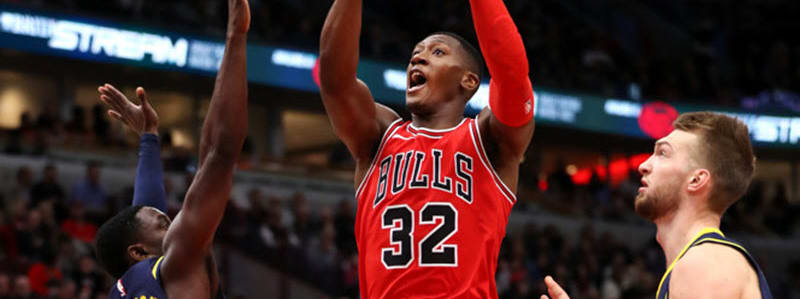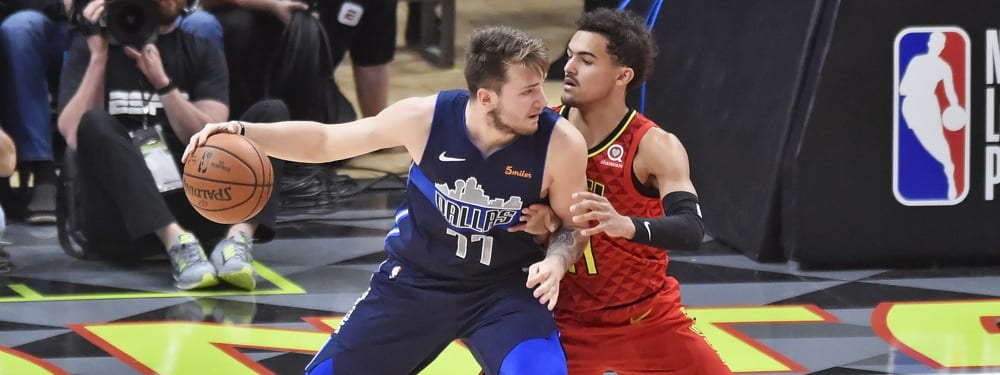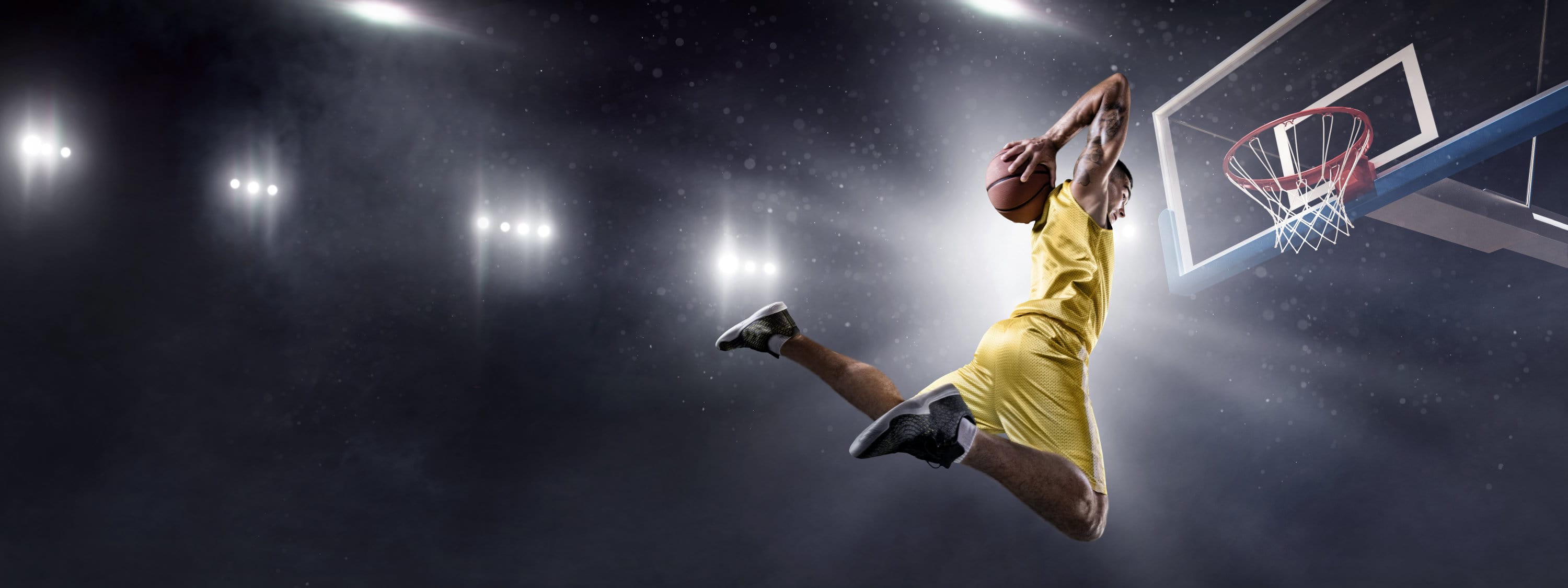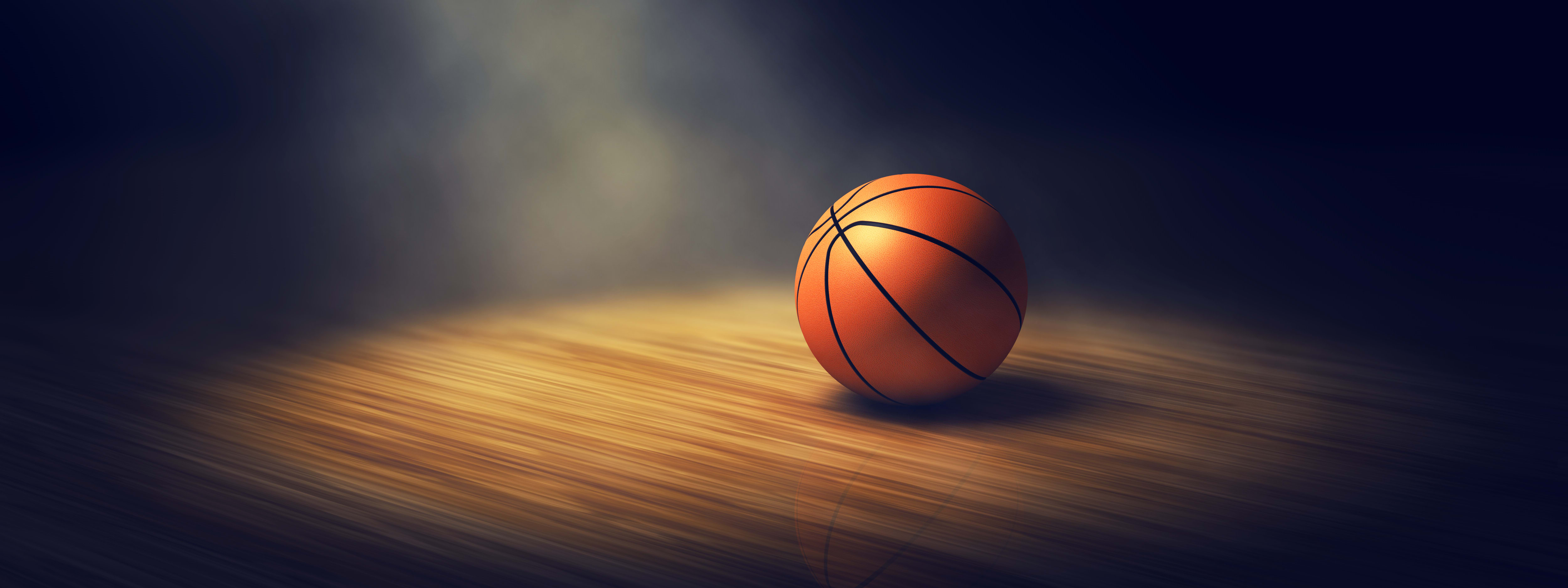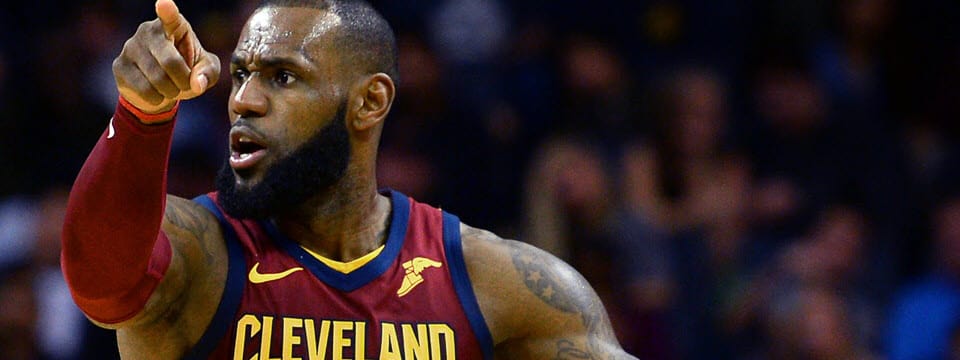Recent RotoWire Articles Featuring Jose Calderon
See More
Calderon went ring chasing with the Cavaliers last season and surprisingly found a spot in the starting lineup for 32 of the 57 games he played in. He averaged 6.4 points, 2.8 assists and 2.2 rebounds across 22.4 minutes in games he started, so that still didn't put him into consideration for Fantasy purposes. The Cavaliers ended up getting swept by the Warriors in the finals and LeBron James ditched town for the Lakers, so Calderon opted to head elsewhere as well. In joining the Pistons, Calderon enters an already crowded backcourt. At point guard, specifically, Reggie Jackson and Ish Smith sit atop the depth chart, which likely leaves Calderon to battle with Langston Galloway for any leftover spot minutes. With little playing time available, Calderon shouldn't be a viable Fantasy option in almost any format. That said, he'll provide an insurance policy if the oft-injured Jackson goes down once again.
The 35-year-old Calderon has seen his role lessen over the last few years and it was no different during the 2016-17 campaign despite spending time with both Lakers and Hawks. He played in just 41 games and averaged a career-low 13.1 minutes. That's not expected to change despite joining the Cavaliers in the offseason. While he'll provide veteran leadership to a contending team, Calderon isn't expected to receive a larger workload. He'll likely open the year as the third point guard behind Isaiah Thomas and Derrick Rose, essentially eliminating him as a Fantasy option.
Calderon disappointed in his first season with the Knicks, playing a career-low 42 games and averaging just 9.1 points, 4.7 assists, 3.0 rebounds, and 1.4 three-pointers in 30 minutes per game. The Spaniard missed the beginning portion of the season with a calf injury, before a sore left Achilles ended his season in late February. When available, Calderon's production fell short of expectations, as he was acquired to reinvigorate the Knicks' point guard position last offseason. While his 42 percent three-point shooting was as good as advertised, Calderon's 4.7 assists marked just the third time in his 10-year career that he's averaged fewer than 5.0 helpers per game, and his scoring average of 9.7 points was his lowest since 2006-07. In wake of that regression, the Knicks traded for first-round pick Jerian Grant this summer, creating considerable competition for the 33-year-old Calderon's starting point guard position. With Grant's exuberance at his disposal, coach Derek Fisher figures to scale back Calderon's minutes to ensure he remains healthy, because his knockdown shooting ability is still valuable in the Knicks' offensive scheme. Nonetheless, following his poor performance last season, Calderon's days of producing at a starter's level appear to be fading.
Calderon was dealt to the Knicks this offseason in an effort to enhance New York's point guard play. The nine-year veteran started all 81 games he played last season, averaging 11.4 points, 4.7 assists, 2.4 rebounds, and 0.9 steals in 31 minutes per game, while making a career-high 191 three-pointers on 45-percent shooting from deep. Although last season's assist average marked the lowest since Calderon's rookie year, much of that dip can be credited to Monta Ellis assuming significant ball-handling duties for Dallas, which allowed Calderon to obliterate his former single-season best of 82 three-pointers through more spot-up opportunities from outside. Nonetheless, Calderon's career assists average remains a healthy 6.8 per game, which could be improved as a Knick this season. Expected to start at point guard, Calderon will lead new coach Derek Fisher's Triangle offense, which emphasizes spacing and ball movement. With those principles and talented offensive players surrounding him, Calderon seems poised for a bounce-back season in the assists category. Additionally, as the career 41-percent three-pointer shooter, Calderon can stretch the floor and should benefit from his teammates drawing opposing defenses' attention, leaving him open to shoot. While Calderon's defense is considered below average, the Knicks' alternatives of 37-year-old Pablo Prigioni and unproven second-year player Shane Larkin give him considerable job security at point guard.
At this stage of his career, Calderon is a known quantity. He will produce healthy assist totals when given sufficient playing time, but he tends to break down when over-worked, so he usually ends up sharing a job. Last year, he split time with Kyle Lowry in Toronto before becoming Brandon Knight's mentor in Detroit. This year, he'll have a similar role in Dallas, serving as the starter and role model for his eventual replacement, Shane Larkin. He seems a good fit for Dallas, where he'll have an excellent pick-and-pop partner in Dirk Nowitzki and a coach, Rick Carlisle, that has proven adept at managing minutes to get the most out of veteran players. Calderon's best category is assists, but he's a decent scorer with a better-than-average three-point shot (43 percent last season) and is excellent from the line (90 percent).
The veteran once again finds himself in a job share, as the Raptors brought in Lowry after failing to repatriate Steve Nash, and it's hard to see him even coming close to his usual averages unless he gets traded or Lowry gets hurt. He's got a terrific old-school skill set and mindset though, looking pass-first despite possessing a good three-point shot and being one of the league's best from the charity stripe. If he adapts to his role alongside Lowry the reduced workload could actually keep him healthy for a full 82 game schedule.
Calderon is a great ball-handler, almost never turns the ball over and has one of the best free throw percentages in the league. That is, when he gets there. Calderon averaged less than two trips to the charity stripe per game last season. His lack of aggression interrupts his success. Calderon finished last season with the second best assist-to-turnover ratio (4.0). In 2010-11, he averaged 9.8 ppg, 8.9 apg (fifth in the league), 2.9 rpg and 1.2 spg. The numbers are nice, but he has yet to lead the Raptors to any real success since coming over from Spain six years ago. Moreover, over the last three campaigns, he’s become injury-prone. He’s missed 14 games is each of the last three seasons. Splitting point guard responsibilities with Jerryd Bayless should give Calderon more rest and less minutes, hopefully allowing him to have a healthy and successful year.
Winning a full-time starting job might be the worst thing ever to happen to Jose Calderon's NBA career. When he was splitting time with the likes of T.J. Ford, Calderon was considered a hot prospect and per-minute superstar, racking up assists at an impressive rate. Since he was named the full-time starter, he's mostly racked up time on the trainer's table. He's played just 68 games in each of the last two seasons, and in 2009-10, forced to split time with journeyman Jarrett Jack, his once-gaudy assist average dropped to a mere 5.9 per game. He should continue to be a good source of dimes – but he's something of a specialist in that category, offering little of value elsewhere. Toronto would dearly love to move his salary, and was close to a deal with the Bobcats early this summer, but nothing materialized. Obviously, a trade could have a major impact on his value.
Calderon’s ascent to undisputed number-one point guard status last season was something of a mixed blessing for the Raptors and fantasy owners in general. Removed from the job-share with T.J. Ford, Calderon posted new career highs in scoring (12.8 ppg) and assists (8.9 apg). But his efficiency suffered – his shooting percentages dropped from .519 from the field and .429 from three to .497 and .406. Making matters worse, he missed a big block of games in January due to hamstring troubles. Calderon’s hamstring troubles – and the team’s lack of any credible backup plan – are a big reason why the Raptors were on the outside looking in when the playoffs began. This year, Calderon will have a lot more help, with the additions of guard Jarrett Jack and forward Hedo Turkoglu – a “point forward” who is more than capable of initiating an offense. In theory, that could mean less dependence on Calderon, which could make him more efficient (and healthier) but cut into his per-game totals.
Calderon finally becomes the lead point guard in Toronto after the Raptors dealt T.J. Ford to the Pacers for Jermaine O’Neal. On paper this looks like a huge boost to Calderon’s value. His main competitor is traded, and his team gets a player that is one of the league’s best low-block scorers when healthy. Ah health. That’s also a slight concern for Calderon who strained his groin while playing for Spain in the Olympics. The injury is not considered serious, but something we should keep an eye on heading into training camp. On the court, Calderon is a very unselfish player, who doesn’t turn the ball over. He averaged 11.2 points per game last season and doesn’t need a lot of shots to average double digits because he shoots well from all ranges including the free-throw line. Obviously, he’ll benefit with more playing time, but the biggest change is adding O’Neal to a front court that already has Chris Bosh. Calderon can push the tempo and distributes well, so expect lots of easy baskets set up by Calderon’s penetration.
Calderon put his inconsistent rookie season behind him and embraced the Raptors’ new uptempo style, proving to be more of a #1B option at point guard than a #2. During eight games in late January and February when TJ Ford was hobbled with an ankle injury Calderon was electric, averaging over 35 minutes a game with five double-doubles, and 14.4 points and 9.5 assists per night. (Toronto also went 7-1 over that stretch). His numbers on the season (21 minutes, 8.7 points and 5.0 assists) were obviously less impressive, but the team has utmost confidence in Calderon’s ability to run the offense. So far Ford and Calderon have been able to co-exist peacefully with no conflicts over minutes, but if Calderon does at some point demand a trade to a team where he can start the Raptors should be able to get a huge return for him. Until then Calderon probably won’t see enough court time to be a viable starter in most formats, but should be an immediate pickup if anything happens to Ford.
Calderon will back up TJ Ford at the point in his second NBA season. He won’t provide fantasy help in any category except assists, but as a rookie he showed some nice flashes of court vision and ability, and he should be able to keep the offense gunning when Ford is off the court. Should Ford get hurt of course, Calderon’s value would spike.
